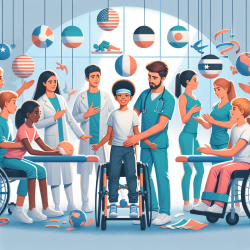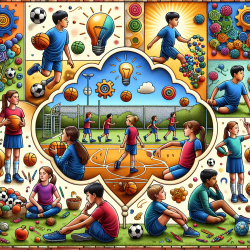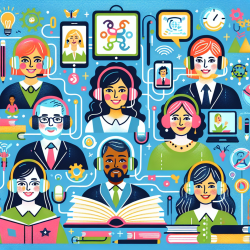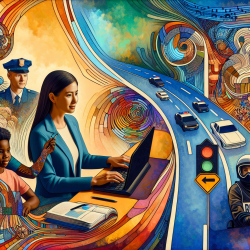Understanding the Individualized Education Program (IEP) in Rhode Island
The State of Rhode Island is dedicated to providing educational opportunities that enable all students to achieve high standards. For students with disabilities, this commitment translates into a free, appropriate, public education (FAPE) tailored to meet their unique needs. This education must be delivered in the least restrictive environment, which for most students, means the regular classroom setting.
The Foundation: Individualized Education Program (IEP)
The cornerstone of special education for students with disabilities is the Individualized Education Program (IEP), developed by a collaborative IEP team. The team focuses on the RI Common Core State Standards and other general education curriculum standards that all students, including those with disabilities, are required to meet.
Key Updates and Resources
- Return to School Roadmap: A document and interactive webpage highlighting important IEP requirements under the Individuals with Disabilities Education Act (IDEA).
- MTSS and Special Education: Resources from the Center on Multi-Tiered System of Supports (MTSS) demonstrating the benefits of school-wide implementation for students with different abilities.
- IEP Tip Sheets: Developed by the Progress Center, these sheets offer concise summaries of IDEA regulations, implementation tips, and links to additional resources.
- National Center on Intensive Intervention: Offers resources and technical assistance to help educators design and deliver individualized instruction in academics and behavior.
Present Levels of Academic and Functional Performance
IEP team members, including parents and students, contribute to developing the present levels of academic achievement and functional performance. These levels provide a comprehensive description of the student's abilities and must include measurable data. This data serves as the baseline for developing measurable annual goals.
Academic and Functional Areas
In academic areas such as reading, writing, and mathematics, the IEP team assesses the student's capabilities against age-appropriate standards. For students aged 14 and older, the team considers post-school goals in education, employment, and independent living.
In functional areas, the team evaluates the student's skills in nonacademic areas like communication and interpersonal skills, using expectations for typically performing students as a reference. For preschoolers, the focus is on participation in activities aligned with the RI Early Learning Standards.
Transition Services
For students 14 and older, transition services are essential for achieving post-school goals. These services include instruction, community experiences, employment development, and daily living skills, if necessary. The IEP team uses measurable data to set annual goals and determine how progress will be tracked and reported.
Special Education and Related Services
The IEP outlines the special education and related services, accommodations, and program modifications needed for the student to achieve their goals in the least restrictive environment. The team also decides on the student's involvement in state and district-wide assessments, including any necessary accommodations or alternate assessments.
High Leverage Practices in Special Education
The Council for Exceptional Children has identified High Leverage Practices in Special Education, focusing on instructional methods. These practices are demonstrated in a video series, showcasing teachers effectively using these strategies to instruct students.
For more information, please follow this link.










